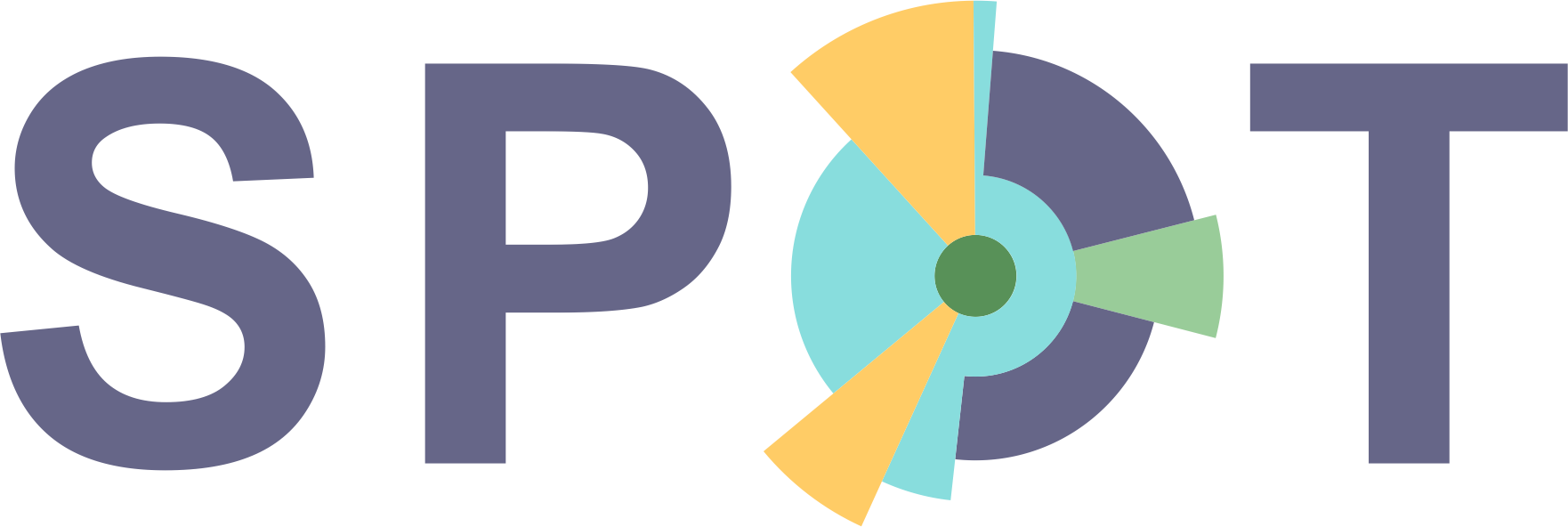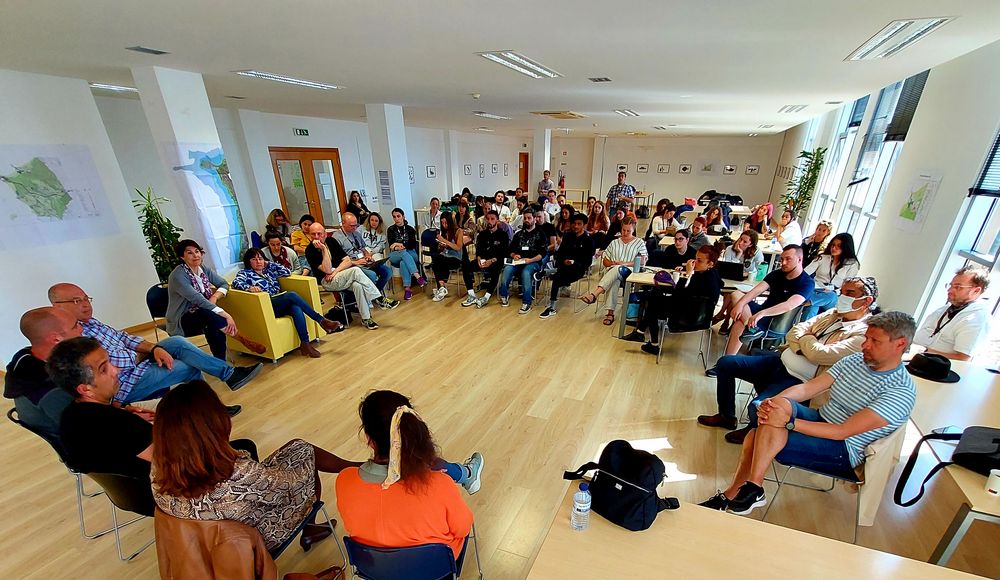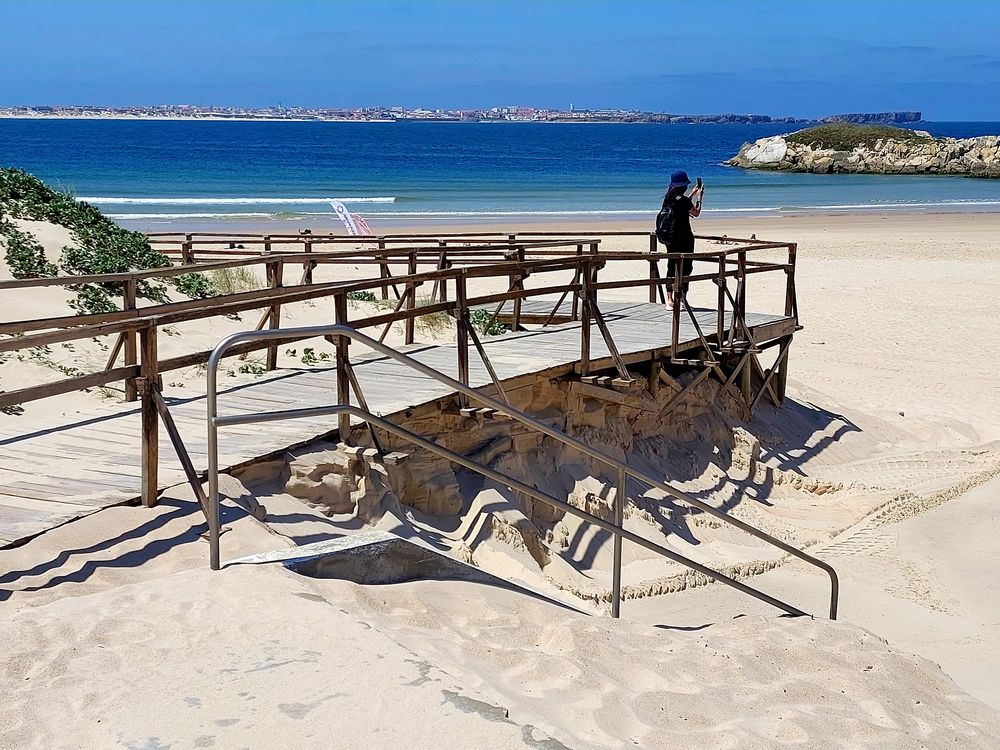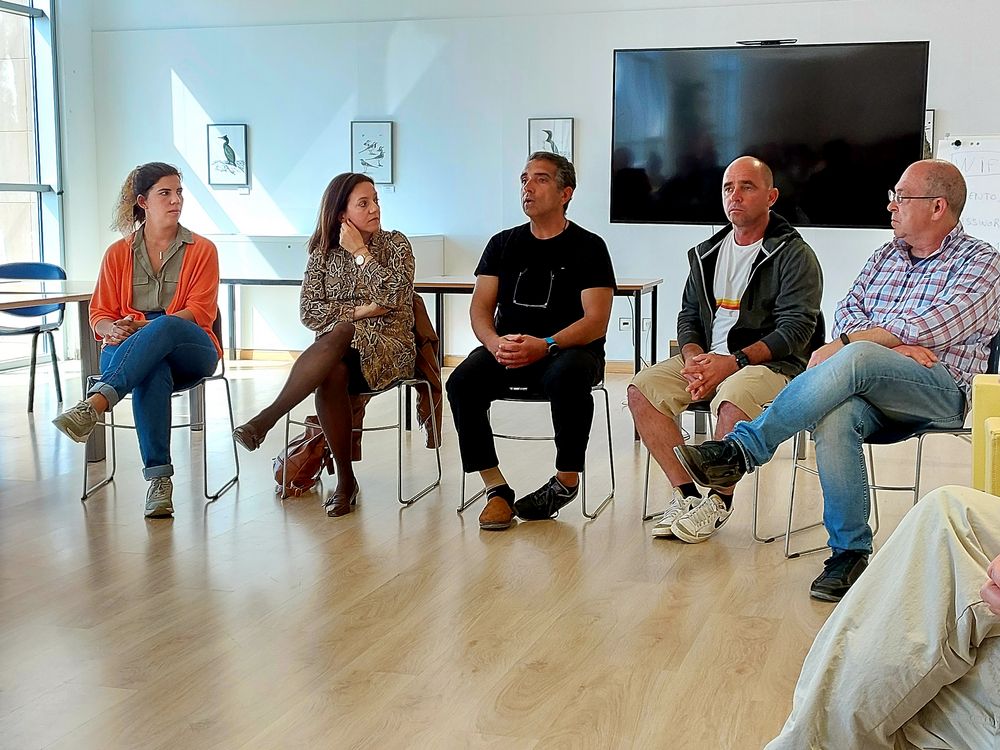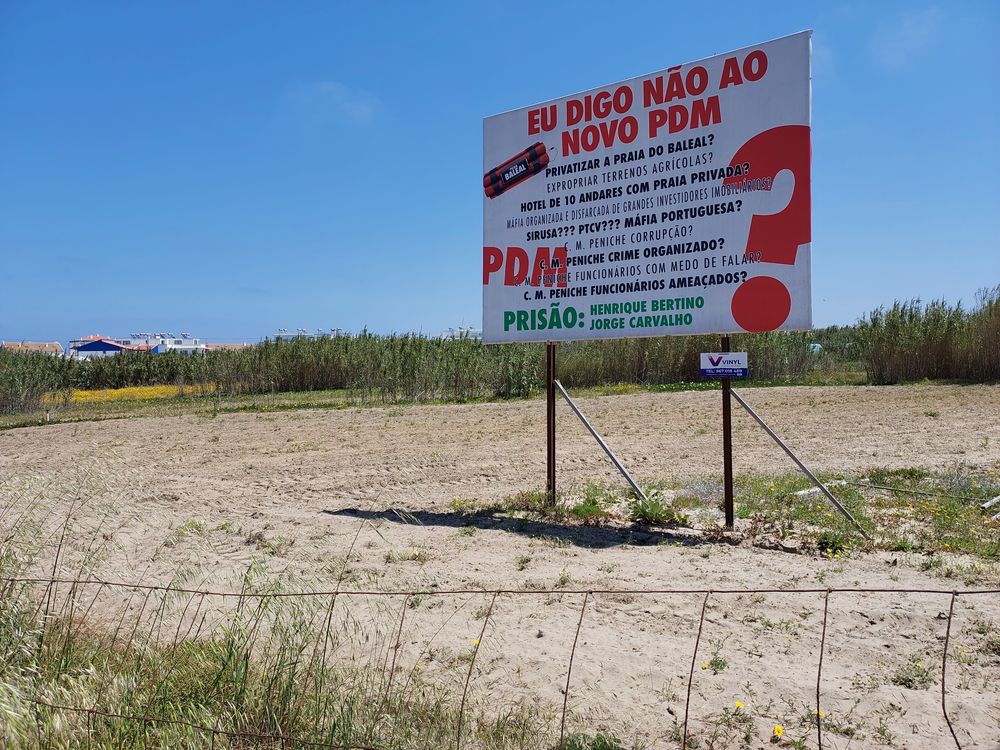In a session called “Locals talking” held on May 10th, at School of Tourism and Maritime Technology of Polytechnic of Leiria (ESTM), some of the local stakeholders representing the community were present, namely Paulo Morais Ferreira (President of the Peniche Surfing Club and the national delegate of the Surfriders Foundation), Maria Simões (Manager of Lagido Supermarket and local accommodation YEY Baleal), Cristina Pereira (Manager of Hostel Baleal à Vista), Pedro Barata (President of Ferrel Parish) and Ricardo Leopoldo (Manager of Peniche Surf Camp). The discussion was moderated by João Paulo Jorge and Fernanda Oliveira from ESTM. We thank the presence of these stakeholders whose ideas and concerns about Baleal Beach, and its future planning and development greatly enriched the discussion.
Issues of tourism planning and tourism development in Baleal Beach
The process of reviewing and proposing a new Municipal Master Plan was launched in 2012. However, the whole process, for numerous reasons, has suffered many delays and only in 2018 was published, by the municipal council of Peniche, the preliminary report with the first proposal of the new Master Plan. One of the most important issues is related to the key tourist resources, namely the beaches and their sustainable planning and management, particularly the territorial unit of the parish of Ferrel, which includes Baleal beach.
According to the preliminary report Baleal beach requires a significant intervention, given the growing tourist demand and the degradation of its urban seafront at an exceptionally beautiful point (the area of the two bays created by the tombolo which connects it to the island). It is planned to minimize the car traffic, relocate the parking area, renaturalise it, the requalify the sandy beach and create a qualified pedestrian seafront.
It is important to note that, as mentioned by local stakeholders, in Baleal beach significant changes have started just 12 years ago, when the world surfing championships took place in Peniche. Surf tourism allowed to extended high season from 2 months up to more or less 8 months. This is what local actors really appreciate. They said, “surf tourism is a future of Peniche”.
Local actors also underlined other aspects such as quality of the tourist and complementary services facilities. Good tourist experience and spatial and regulatory organization are requested and supported by locals when creating products for tourists. Tourists when visiting Peniche expect to see the virgin nature. Thus, locals do not believe in the idea of mass tourism and related infrastructural development. Every infrastructural investment must strictly follow environmental requirements and fit to the local unique landscape. However, our locals said they are not unconditionally against the new hotel investments.
One issue that was strongly emphasised was the following: “It is difficult to make everyone talking to everybody”. This is so difficult to agree with inhabitants about ideas proposed by local leaders or municipality. On the other hand, it is difficult to attract municipality with ideas of local actors. They also mentioned that in a successful planning process the first step to be taken is to listen to the local community first and then move to a first proposal and not contrary as was done. Especially when authorities are thinking about planning the space like creating the piece of art first rather than process of discussion with locals.
Our students were interested in such issues and actively participated in the discussion and raised some pertinent questions like, e.g.: dark accommodation, participative spatial planning, tourism related crimes, sustainability of tourism development, political issues.
Closing remarks of “Locals talking” session
The revision process of the new Municipal Master Plan is currently underway and will soon enter the public discussion phase. This discussion is of great democratic importance as it allows citizens and stakeholders to actively participate in the management of the municipality through proposals and public debates.
Local communities play an important role in tourism development. They are regarded as legitimate and moral stakeholders in tourism development. Local community has to be involved in policy and decision making so that it will enhance the trust and confidence of the local people on the government bodies and tourism industry.
